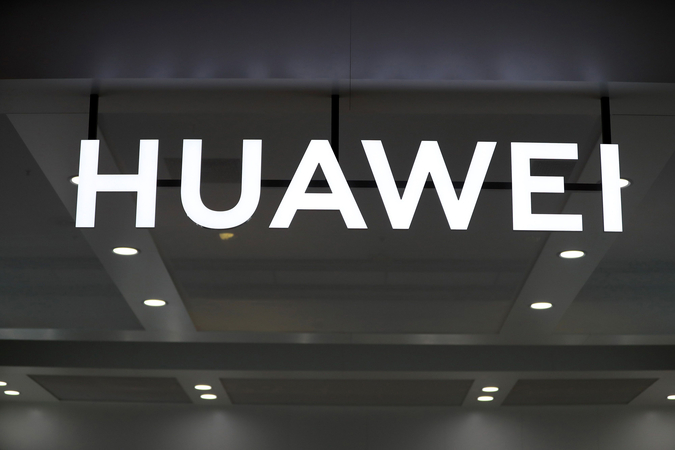Commerce Department aims to relax one part of Huawei export ban

WASHINGTON - The Commerce Department is preparing to ease one aspect of its Huawei export ban to allow U.S. companies to participate in international organizations that set technology standards, according to people familiar with the matter.
The proposed change comes after heavy lobbying by tech companies, which complained that the export ban was preventing them from shaping industry standards that help determine future sales.
The new rule, reported earlier by Reuters, would allow U.S. companies to share technology that is not sensitive in nature with Huawei as part of group discussions at the standards bodies. Companies from around the world typically participate in the talks, which establish technical rules underpinning global technology.
The Commerce Department's proposed revision still must be endorsed by the State Department and Defense Department. It is unclear when the Commerce Department will ask other agencies to review the proposal, according to people familiar with the matter.
In an emailed statement, the Pentagon said: "We are aware of the proposed rule change, but we aren't going to comment publicly while interagency discussions are ongoing."
The Commerce and State departments didn't respond to requests for comment.
There are hundreds of standards-setting organizations that discuss and endorse specifications for all types of technology. Their work ensures that a USB stick made by one company fits into a USB port built by another or that any laptop can connect to WiFi anywhere in the world. Some of the main groups are the International Organization for Standardization, the Institute of Electrical and Electronics Engineers and the 3rd Generation Partnership Project.
Huawei participates in many of these standards discussions, including those setting the rules for ultrafast 5G mobile networks.
The Commerce Department last year banned the sale of U.S. technology to Huawei, saying it had "reasonable cause to believe" the Chinese company was "involved in activities contrary to the national security or foreign policy interests of the United States."
U.S. officials have said that Huawei has links to the Chinese government and that its telecom equipment could be used to disrupt or spy on American communications. Huawei denies these claims. The Chinese company is one of the world's largest sellers of telecom equipment and smartphones, and before the export ban was a large consumer of U.S. semiconductor chips and software.
Most U.S. companies took the export prohibition to mean that they weren't allowed to discuss technical specifications with Huawei at standards-setting meetings, which has curbed their participation at the discussions and put U.S. industry at a disadvantage, said Naomi Wilson, senior director of policy for Asia at the Information Technology Industry Council, a trade association.
"It's an advantage to have your company's specifications adopted in a voluntary standard," Wilson said in an interview. "You're at a competitive disadvantage if you don't participate in the development process."
Last month, a group of Republican senators urged Trump administration officials to allow U.S. companies to participate in standards discussions alongside Huawei. "When U.S. export controls restrict U.S. companies from participating in standards-setting bodies, China-based Huawei is well positioned to fill any gaps," the senators wrote.
The U.S. export ban has made for awkward relations at standards meetings, said Kevin Wolf, a former senior Commerce official who is now a partner at Akin Gump Strauss Hauer & Feld.
"The American will say, 'We can't talk about that with Huawei sitting across the table.' The Finn and Swede will say: 'That's your problem! Leave the room,' " Wolf said. "It was having a collateral effect on preventing American companies from participating.' "





